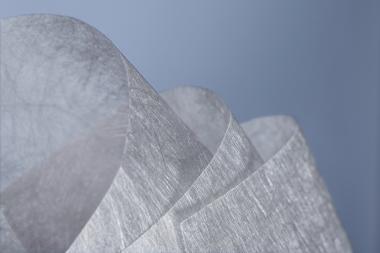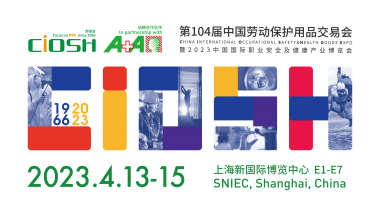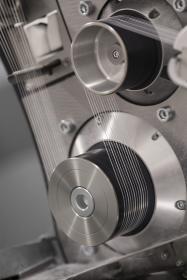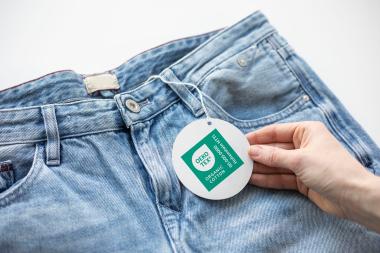Freudenberg: Launch of sustainable carpet backings
Freudenberg Performance Materials (Freudenberg) announces the launch of sustainable carpet backing products for the flooring industry. Sustainable backings support customers in their transition towards producing more sustainable carpets. The range is introduced as Colback ECO and Lutradur ECO and is part of the Freudenberg portfolio of high-performance spunbond nonwoven technical textiles.
Reduced CO2 footprint
Freudenberg follows a ‘less is more’ principle: the best raw materials are the materials that are not needed at all. For the ECO product range, Freudenberg R&D teams developed a solution to save raw materials in their carpet backings. Freudenberg redefined its proprietary yarn production technology allowing for extremely thin filaments with a diameter up to 30% smaller than the standard portfolio for carpet backings.
The new thin yarn technology is one of Freudenberg’s sustainable initiatives benefitting the carpet industry. Other developments supporting sustainability include backings with a high recycled content and backings using alternative approaches to facilitate carpet recyclability. They will extend the ECO portfolio in the future.
ECO-CHECK-Label
The currently launched thin yarn ECO-backings have been awarded the ECO-CHECK label. Freudenberg introduced this label in early 2021 to identify particularly sustainable products within its portfolio.
Freudenberg Performance Materials






























